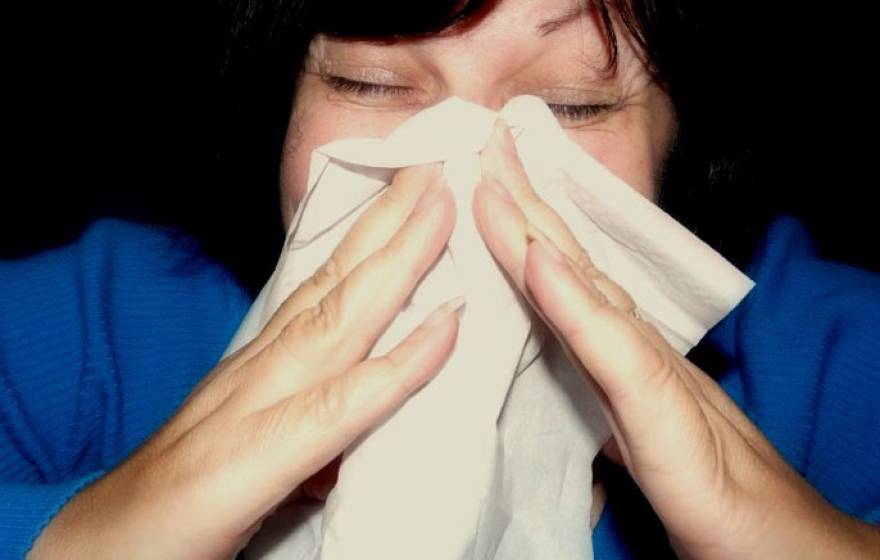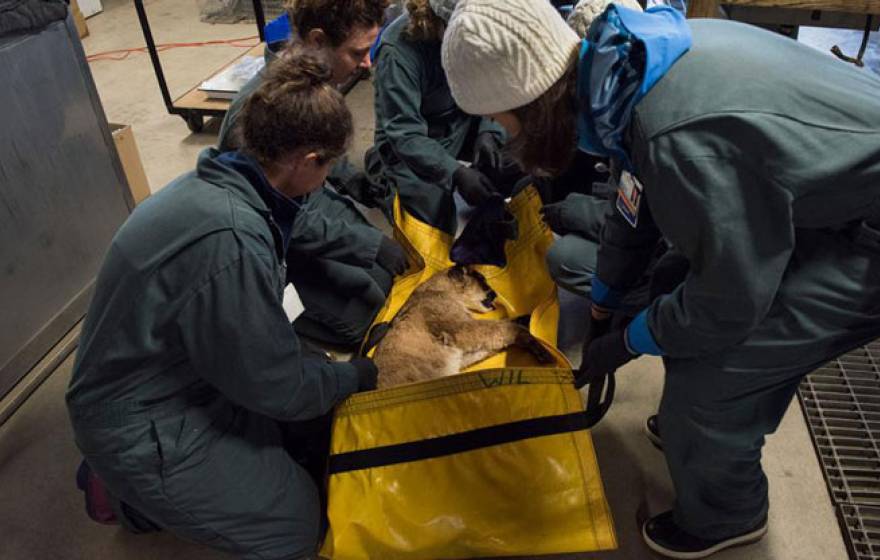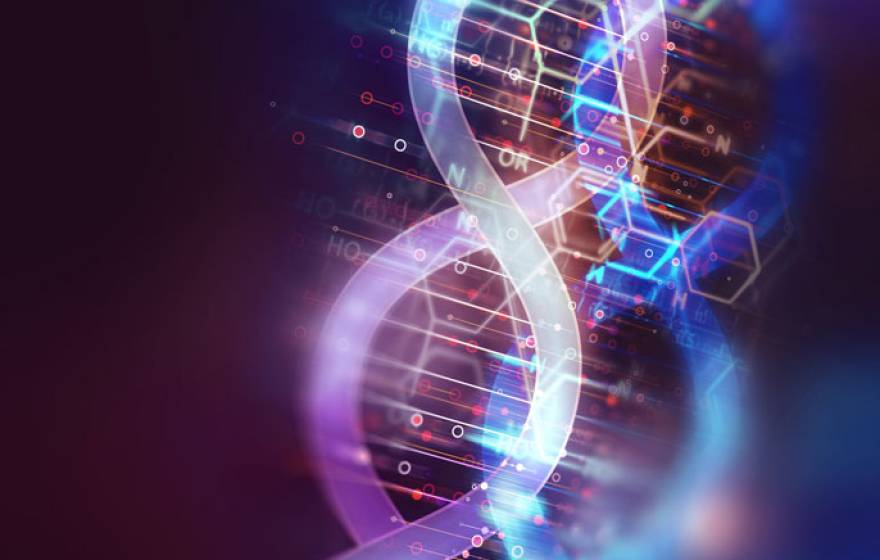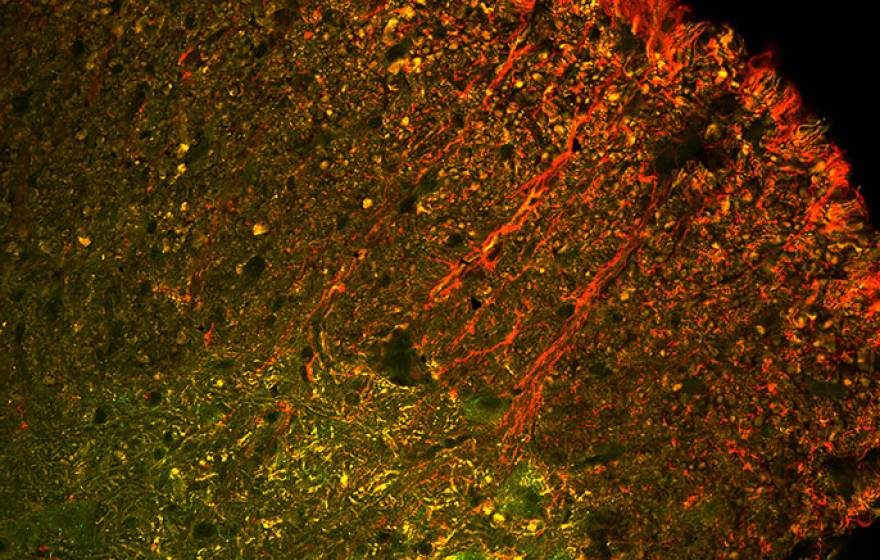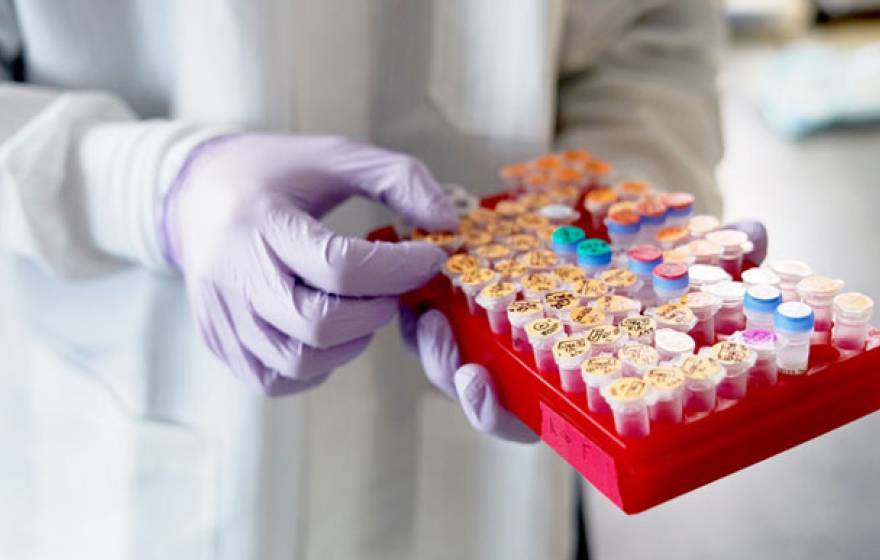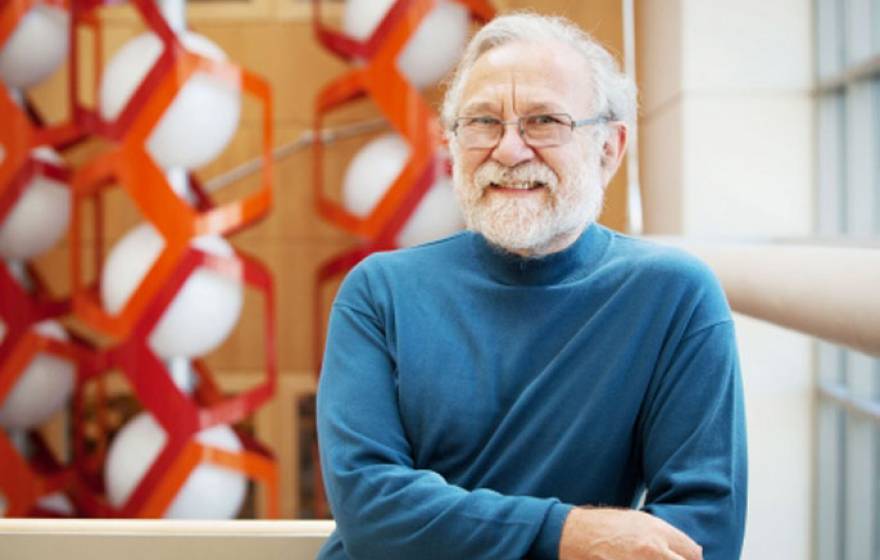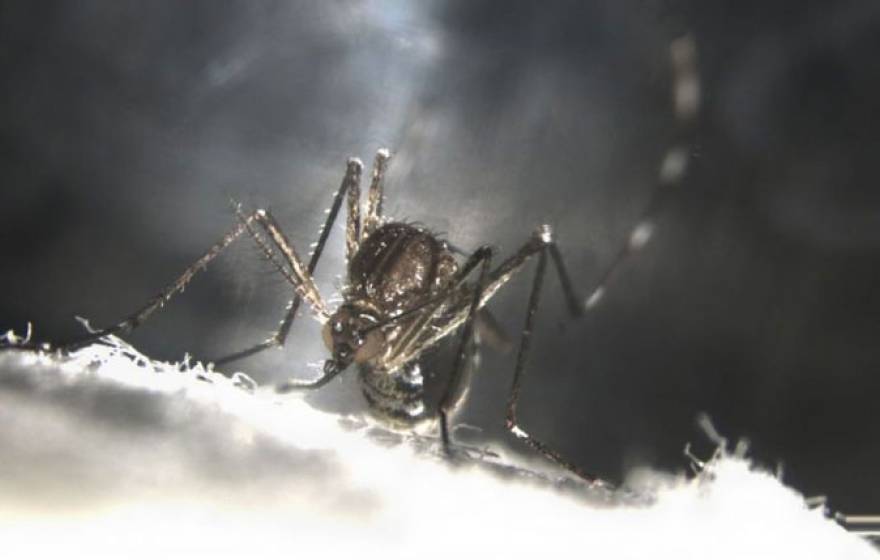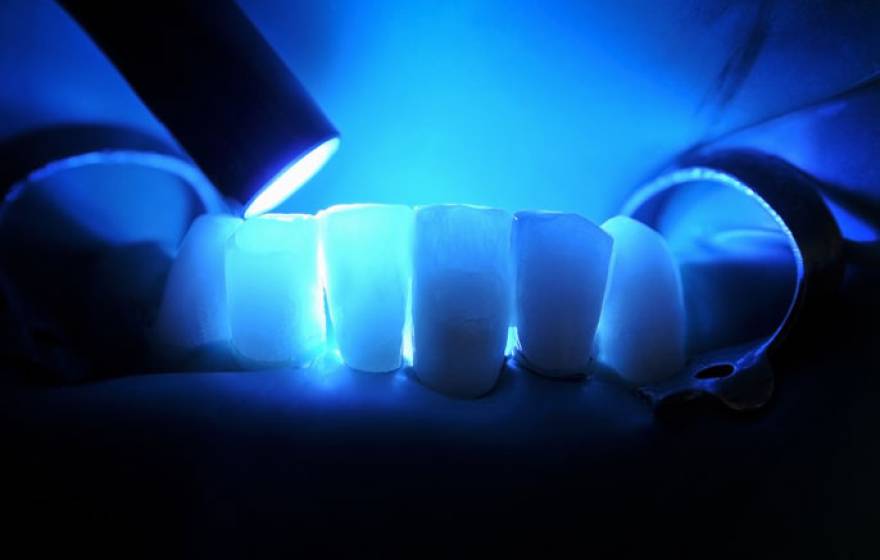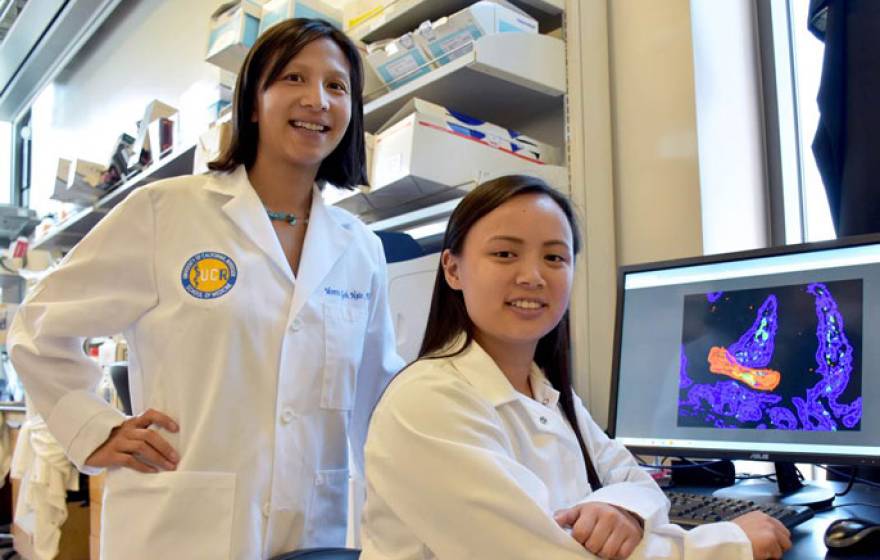And why — even though it's less effective this year — you should still get the vaccine.
UC praises Gov. Brown proposal to establish precision health institute
Executive Vice President of UC Health John D. Stobo issued a statement today (Jan. 10) applauding Governor Brown’s proposal to establish the California Institute to Advance Precision Health and Medicine.
Healing burned paws with fish skin
A young mountain lion injured during the Thomas fire receives an innovative therapy to get him back on his feet.
Received an at-home DNA test as a holiday gift? Proceed with caution
Many people are ill-equipped to handle troubling medical information without proper guidance, UCLA geneticist says.
First step toward CRISPR cure of Lou Gehrig’s disease
Scientists disable a muscle degeneration trigger to extend mouse lifespans by 25 percent.
As genetic testing grows popular, UCSF clinic emerges to provide context
Genetics is only as good as the qualifications of the person interpreting it, says Dr. Bryce Mendelsohn.
5 UC faculty awarded the largest monetary prize in science
UC scholars bring home the majority of 2018's Breakthrough Prizes, known as the 'Oscars of science.'
How to control worrying (according to science)
There hasn't been a scientifically proven technique for reducing stress — until now.
Making mosquitoes self-destruct
Researchers generate genetically engineered insects to help prevent the spread of infectious diseases.
Painless dental lasers can render teeth cavity-resistant
New technology for repairing teeth and strengthening enamel may soon be in a dental office near you.
New hope for treating sepsis
Study shows human protein resistin greatly boosts the survival rate against a condition that currently kills one in five.
Cross off your to-do list
As little as 30 minutes of light activity (chores, errands) may lower mortality risk for women over 65.
